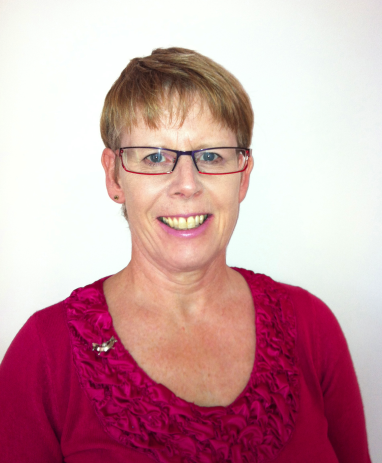Impact in the marketplace: translating research to brands for business growth and consumer communication
Beauty and healthcare sector products are worth billions globally but before the companies who make these products even begin marketing them to consumers, they require a solid understanding of the science that underpins them.
Examples include skin, hair, underarm and oral health products as well as innovations in formulation. In addition, many businesses are increasingly relying on Artificial Intelligence (AI) to manage the complexity of their data.
The University of Bradford’s Centre for Skin Sciences (CSS) has, over the last decade, collaborated with over 35 companies on 60 projects in the beauty, personal and health care sectors in the UK, USA, Asia and Europe.
The CCS is fast becoming the go-to institution for companies in need of a solid understanding of the science underpinning the product and the consumer communication.
Dr Gillian Westgate is business development manager in the Centre for Skin Sciences, in the Faculty of Life Sciences. She is a member of the Society of Cosmetic Scientists, and a co-founder and Chair of Cosmetics Cluster UK, a networking organisation for the sector and she brings over 30 years industry experience to her roles.

Dr Gillian Westgate
She explains the importance of being able to translate hard science into consumer products.
“Increasingly, it’s not just everyday personal care, and hygiene that beauty and healthcare companies are requesting scientific research into - there is a global market in specialised anti-aging solutions for altered skin properties, hair loss and grey hair. We carry out research for companies that make active ingredients and finished products - things like skin creams and shampoo - which at a basic level keeps us all happy. Could we live without these?
“It is important for consumers to trust the products they buy, and our work is to provide the manufacturers with scientific insights into the changes in our skin and hair throughout life as well as how the ingredients in those products provide benefit - these findings are then turned into technical insights, which then form part of the marketing campaigns seen by the public.”
The University has successfully translated its fundamental research into impact in international markets, including launch by BASF Beauty Care Solutions of DN-AgeTM for hair greying; the relaunch of Aveda hair care brand Invati 3.0 in China; the launch of the Aveda scalp care brand Pramasana in the USA and it developed a bespoke software platform for reproducible biomedical and healthcare data analysis for pharma giant Johnson & Johnson (USA).
Our work is to provide the manufacturers with scientific insights into the changes in our skin and hair throughout life, as well as how the ingredients in those products provide benefit
Dr Gillian Westgate
Dr Westgate says: “Many companies do not have the capacity to do this sort of research in-house, nor the breadth of knowledge or research environment. Ultimately, companies have a choice of how they commission research, but when they choose to work with a university, such as ours, they not only get what they asked for but also the benefit of the wider research environment.”
The Executive Director, Hair Innovation & Analytical at Estee Lauder says: “The knowledge that the University Bradford has equipped us with has influenced our technical strategy greatly. If we did not have the partnership, our understanding would not be as deep and would have limited our technical approach to products as well as our communication strategy for the brands.”
Over and above that, the University is also showing how the use of ‘big data’ and artificial intelligence can be leveraged to better inform the science and develop novel ways of marketing them, for example by using machine learning as a new way of defining clinical parameters for products that benefit skin and hair.
